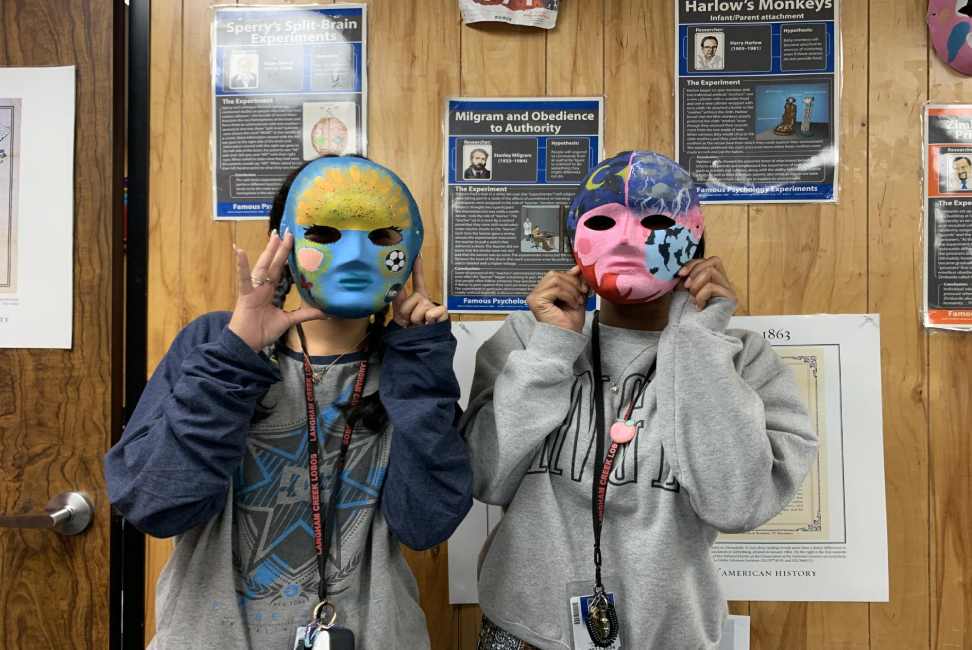Diamondexch9, Diamondexch9 Login, 11xplay Reddy Login: Personality refers to the unique set of characteristics, traits, and behaviors that define an individual and distinguish them from others. It encompasses various aspects of an individual’s psychological makeup, including their thoughts, feelings, and actions. Personality is shaped by a combination of genetic, environmental, and situational factors, making it a dynamic and complex concept.
Psychologists have long sought to understand and define personality through various theories and approaches. From Sigmund Freud’s psychoanalytic theory to Carl Jung’s analytical psychology, different perspectives have been proposed to explain the development and structure of personality. These theories provide valuable insights into how individuals differ from one another and how these differences influence their behavior and interactions with the world.
� Personality refers to the unique set of characteristics, traits, and behaviors that define an individual
� It distinguishes individuals from others
� Personality encompasses various aspects of an individual’s psychological makeup, including thoughts, feelings, and actions
� It is shaped by genetic, environmental, and situational factors
� Personality is a dynamic and complex concept
Psychologists have long sought to understand and define personality through various theories and approaches. From Sigmund Freud’s psychoanalytic theory to Carl Jung’s analytical psychology, different perspectives have been proposed to explain the development and structure of personality. These theories provide valuable insights into how individuals differ from one another and how these differences influence their behavior and interactions with the world.
Historical Perspectives on Personality
Understanding the historical perspectives on personality requires delving into the diverse ways in which individuals have been perceived and categorized throughout different time periods. One of the earliest frameworks for understanding personality can be traced back to ancient Greek philosophy, with notable figures like Hippocrates and Aristotle proposing theories that linked personality traits to bodily humors. These ancient beliefs laid the groundwork for the concept that an individual’s temperament and behavior could be influenced by their physical constitution.
Moving into the Middle Ages, personality was often viewed through a more religious lens, with emphasis placed on character virtues and vices. The idea of the four humors persisted but was now intertwined with moral values and virtues, shaping the understanding of personality in the context of spirituality and ethics. This time period saw the emergence of character typologies, such as the cholerics, melancholics, phlegmatics, and sanguines, each representing different personality dispositions based on the prevailing beliefs of the era.
What is the definition of personality?
Personality refers to the unique set of characteristics and traits that define an individual’s behavior, emotions, and thought patterns.
What are some historical perspectives on personality?
11xplay, 11x Play, Mazaplay: Throughout history, various theories and perspectives have emerged to explain personality. Some of the key historical perspectives include the psychoanalytic theory of Sigmund Freud, the behaviorist approach of B.F. Skinner, and the humanistic theory of Carl Rogers.
How has our understanding of personality evolved over time?
Our understanding of personality has evolved significantly over time, with new research and theories challenging old ideas. For example, early theories focused on biological and environmental influences on personality, while more recent theories emphasize the role of cognition and social factors.
Why is it important to study historical perspectives on personality?
Studying historical perspectives on personality can provide valuable insights into the development of psychological theories and the ways in which they have shaped our understanding of human behavior. By examining the historical context of these theories, we can better appreciate the complexities of personality and how it has been studied over time.
Feature image source:- https://tinyurl.com/28xj8ph2


